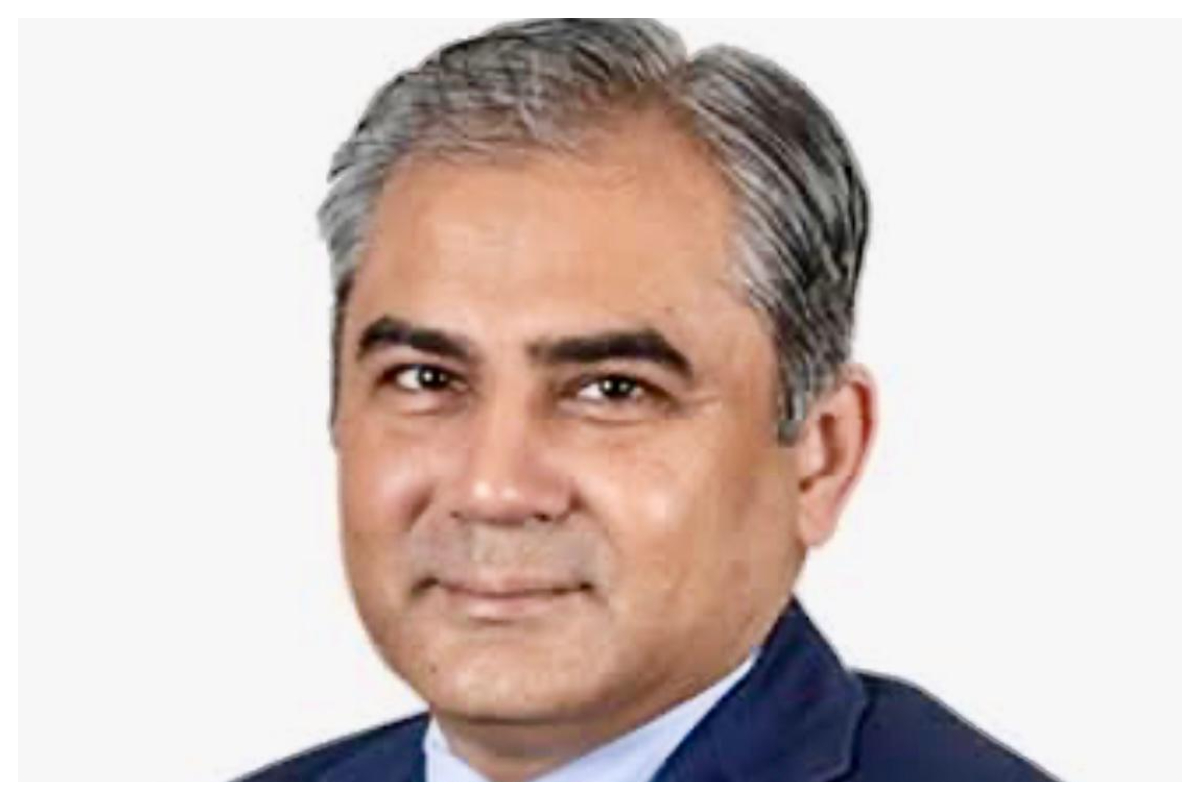Islamabad: Under the dynamic leadership of Federal Interior Minister Mohsin Naqvi—nicknamed “Mohsin Speed” for his swift reforms—the federal capital is undergoing a major transformation. His zero-tolerance policy on illegal housing and encroachments is driving urban order, environmental protection, and sustainable development.
Over the years, Islamabad had grappled with rampant unapproved housing schemes, cooperative housing projects, and creeping encroachments that threatened the city’s unique beauty and planned infrastructure. Recognizing the urgency to address these challenges, Mohsin Naqvi directed authorities to adopt a strict enforcement regime bolstered by cutting-edge technology such as satellite mapping and the Land Information & Management System (LIMS).
Zero Tolerance: Policy Meets Action:
The Federal Interior Minister’s bold directive initiated a city-wide crackdown on illegal constructions and unauthorized land occupations, ensuring swift, data-driven, and non-discriminatory actions. A landmark moment came with the Saidpur Model Village operation in August 2025, where over 200 illegal structures were demolished and more than 200 kanals of national park land reclaimed.
In addition to high-profile operations along GT Road and the Expressway, coordinated efforts at the CDA Headquarters set firm, time-bound targets to clear unauthorized structures city-wide. These efforts are coupled with simultaneous upgrades in civic services and security, underscoring that the campaign is about more than just demolitions—it’s about building a better, safer Islamabad.
Building a Future-Ready Capital:
Mohsin Naqvi’s approach integrates enforcement with essential infrastructure development to accommodate growth sustainably. Parallel to the anti-encroachment drive, major mobility projects like the T-Chowk Flyover and Shaheen Chowk Underpass are underway to ease traffic congestion and reclaim surface space for green, pedestrian-friendly streets. Upgrades to the Diplomatic Enclave and expansion of police facilities further demonstrate the government’s commitment to a holistic modernization agenda.
Benefits of the Zero Tolerance Policy:
Restoring planned land use by removing illegal societies and encroachments is essential for protecting green belts, national parks, and public infrastructure such as footpaths, while also minimizing commercial spillover into residential and natural areas.
Predictable and fair enforcement, supported by technology-driven monitoring, ensures timely action, reduces discretionary delays, and acts as a deterrent against new violations.
Additionally, linking infrastructure development—such as roads, public spaces, and precinct upgrades—with planned growth corridors helps guide urban expansion in a structured manner, preventing chaotic and unplanned sprawl.
This campaign’s success hinges on clear governance principles: time-bound goals ensure accountability; inter-agency coordination prevents enforcement setbacks; and transparent public communication builds trust and deters resistance.
Acknowledging the complexity of undoing years of unplanned growth, the administration remains committed to sustained enforcement, post-clearance management, transparent land status signage, and ongoing monitoring to prevent re-encroachment.
A Vision for Islamabad’s Future:
Mohsin Naqvi’s leadership signals a transformative shift from episodic crackdowns to a comprehensive city-building strategy that combines rule of law, digital governance, and infrastructure development.
The reclaimed lands will be formalized and landscaped, turning Islamabad into not just an encroachment-free city, but a cleaner, greener, and more beautiful capital that lives up to its promise as one of the world’s most livable cities.
As Islamabad progresses under this dynamic leadership, residents and visitors alike can look forward to a city that respects its heritage, cherishes its natural beauty, and embraces modernity with open arms.
















